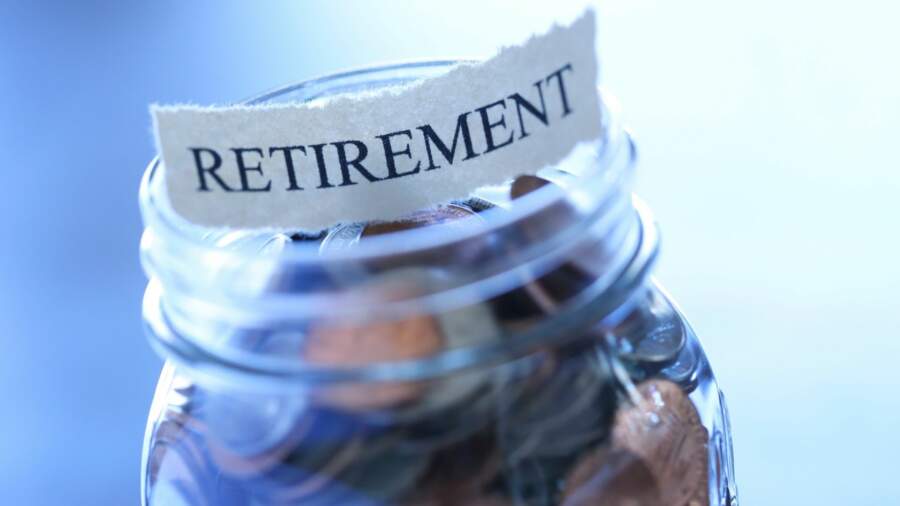
The tradition of retiring at 65 was already on precarious ground long before the Covid-19 pandemic came to shake the economy up. During 2020, job insecurity and economic volatility have meant that many people’s retirement plans have needed some reassessment. In this time of unpredictability, it can feel difficult to make realistic plans for the future. Here are some ways to plan for your retirement in a post-Covid economy.
Start with a basic plan
Any retirement strategy begins with the obvious question, “how much do I need to retire?” A good rule of thumb is to aim for around 80% of your current yearly income. However, your answer will depend heavily on your income now and the lifestyle you want to maintain after you stop working. It’s a good idea to have age milestones to check whether you’re on track – and make appropriate adjustments if you feel you may fall short.
You need to decide on your ideal balance between saving and investing – while still in your career you could arguably invest in higher risk schemes than in later life, where you typically need to be more conservative. Work with a financial advisor to determine if this amount will be enough, and if it’s even possible to retire earlier than anticipated.
Think about relocating
Attempting a big move in your later years can seem intimidating, but many retirees find that there are a number of financial and lifestyle benefits to relocating. You’ll need to carefully consider how a move will affect your tax status, your pension and your investments. A financial advisor can help you honestly appraise your needs and resources, and help you come up with a plan that comfortably sees you through your golden years.
Understand your investment options
Many people are averse to investing and favor saving, but sound investments are an essential part of a realistic retirement plan. Accounts managed by your employer or bank are portfolios and not strictly investments in themselves. It’s important to clearly understand how you are taxed on these various accounts, so you can opt for the best balance. Consider pension plans, annuities, mutual funds, stocks, securities, bonds, dividend reinvestment plans (called DRIPs), exchange traded funds or cash investments. You may need to make serious adjustments in light of Covid-related downturns.
It can be overwhelming at first, but with a little planning with a financial advisor or planner you can get a handle on your options. It’s important to pay close attention to investment fees and early withdrawal fees, too, since they can easily derail your retirement plans.
Protect your wealth and assets
It’s essential in later life that you make smart decisions when it comes to protecting your wealth and assets. The Covid-19 pandemic has presented novel challenges, especially for those newly retired or planning to be. If you’re still working, think of ways to maintain and protect your investments, and increase savings if possible. If you’re out of work, your priority is to protect your retirement as far as possible – now’s the time to draw on emergency funds, unemployment insurance or other benefits. This may mean liquidating assets.
If you’ve been furloughed, your priority may be to carefully reassess your spending and trim down bills wherever possible – times are tough, but they won’t be that way forever. It may be wise to delay retirement until after the pandemic crisis has fully passed. Finally, it’s worth being careful about the help extended to adult children who may have lost employment. Financial help should only be extended if you can truly afford it, keeping in mind that younger adults have more years of saving and investing ahead of them than elderly people.
Check up on retirement savings
It’s a fundamental principle of retirement financial planning: you need to start saving as early as possible. This allow you to take advantage of the power of compound interest so you can continually reinvest and watch your gains snowball. In truth, investing wisely and saving is a lifelong habit. The greater your savings going into retirement, the more likely you are to recover from unexpected setbacks. That said, it’s not impossible to begin investing later in life, only you’ll need to carefully consider whether your portfolio is appropriate given your age.
Some suggest having around twice your annual salary in savings by the age of 30, ramping up till you have saved roughly eight times that salary by the age of 67. Saving 15% of your salary from age 25 puts you comfortably on track, although understandably many people do not manage this for one reason or another.
Nevertheless, it is possible to retire during a recession, and smart, proactive planning can put you in the optimal position to thrive during these difficulty times – and beyond them.
References
Investipedia.com, Retirement planning guide: https://www.investopedia.com/articles/retirement/11/5-steps-to-retirement-plan.asp
https://www.thefrygroup.co.uk/tax-financial-planning/relocating-to-or-leaving-the-uk/
Gov.uk, Plan your retirement income, step by step: https://www.gov.uk/plan-for-retirement
Which.co.uk, Coronavirus: How to protect your pension and investments amid a recession: https://www.which.co.uk/news/2020/11/coronavirus-how-to-protect-your-investment-portfolio/


